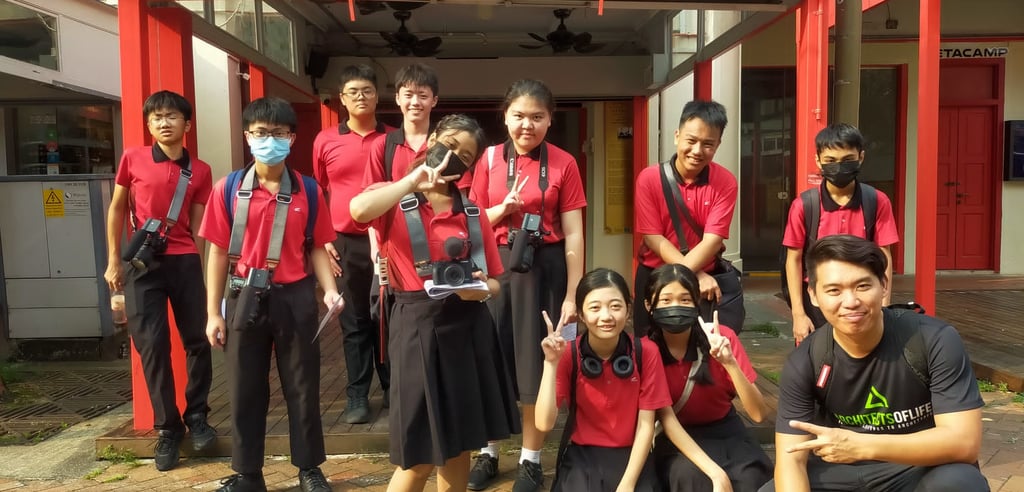Rethinking Anti-Drug, Anti-Bullying and Gang Prevention in Singapore Schools
Join me as I explore the worlds of music, acting, and writing while advocating against drug use, bullying and gang. Discover my passion for creativity and my mission to inspire others through my art and positive message.
LEE-Rocka
5/8/20241 min read
Singapore’s current approach to tackling bullying and gangsterism in schools—primarily through warnings and punishment by Singapore Police Force—is no longer working. Recent incidents, like the one reported by Mothership.sg, highlight a deeper issue: young people are not just acting out—they’re reaching out. Many are simply looking to feel seen, heard, and accepted.
The Real Issue: A Search for Belonging
When students feel invisible or disconnected, no amount of punishment will steer them in the right direction. Instead of just telling them “don’t do it,” we must ask: Why are they doing it in the first place? Often, it’s not about malice. It’s about finding a space where they feel they matter—even if it’s in the wrong crowd.
Real Stories. Real Impact.
Imagine bringing in ex-offenders who have turned their lives around to speak directly to students—not to scare them, but to inspire them. These individuals can share how choosing growth, discipline, and purpose gave them a better life. When a teen hears someone who’s “been there” talk about how investing in yourself is cool, and being the right person matters more than waiting for one, it hits different.
Shift the Message
Let’s go beyond “don’t bully” or “you’ll be punished.” Let’s teach:
• Be the friend you wish you had.
• Be kind to yourself first.
• It’s cooler to build than to break.
We need peer-led support groups, mentorship programs, and spaces that celebrate vulnerability, not suppress it. When students learn to support themselves and others, the pull of gangs and toxic cliques weakens.
A Call to the Ministry Of Education
This is a call to re-examine current anti-bullying strategies. The system needs more than disciplinary frameworks—it needs empathy, storytelling, and connection. The Mothership article is a symptom of a deeper problem, not a one-off.
Let’s not wait for the next tragedy. Let’s change the narrative—from fear of punishment to belief in potential.
How can we help our youth feel seen—before someone else gives them the wrong kind of attention?


